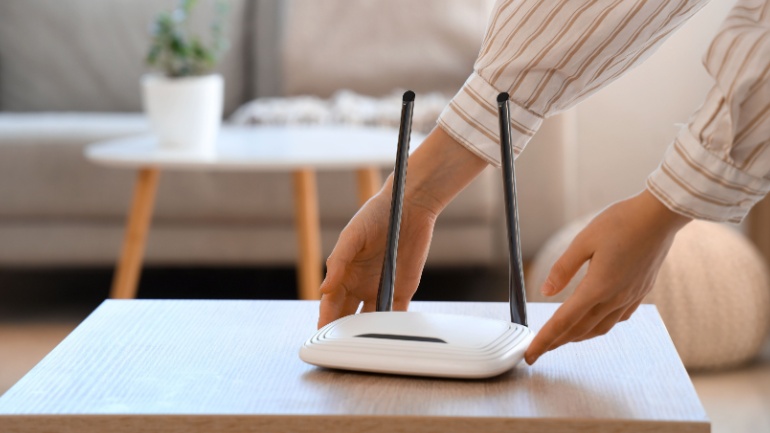Cellnex is nearing the sale of its Austrian operations, with multiple offers on the table and advanced negotiations underway. This news, alongside strong first-half financial results, boosted investor confidence despite a net loss of €418 million. The sale is part of Cellnex’s strategy to divest non-core assets and focus on debt reduction and organic growth, resulting in improved revenues and reduced net debt.
South Korea has officially revoked the mobile license of Stage X, led by Stage Five, an affiliate of tech giant Kakao Corp. The Ministry of Science and ICT cited failure to meet financial and operational criteria as reasons. Stage X aimed to join established carriers like SK Telecom and KT but struggled to secure necessary capital.
TalkTalk, the UK’s fourth-largest broadband provider, is seeking £200 million in urgent funding to prevent collapse. Facing £1 billion in debt, the company aims to meet repayment deadlines by restructuring and attracting new investors. Despite serving 3.8 million customers, mounting debt pressures have amplified financial insecurities amidst fierce competition.
This week, reports indicate that Verizon is considering selling up to 6,000 telecom towers across the US. This potential $3 billion sale aligns with a broader industry trend where telecom giants divest tower portfolios. For VoIP providers, this could mean enhanced infrastructure for better service delivery.
Millicom’s board has urged shareholders to reject Atlas Investissement’s buyout offer, deeming it undervalues the company. Atlas, holding 29% of Millicom, proposed purchasing the remaining shares for $24 each. Millicom, a leader in Latin American telecommunications, believes its financial outlook and long-term potential far exceed the offered price.
Chinese telecom operators have successfully deployed expansive 5G networks across all cities and towns, with 90% village coverage. Utilizing 3.84 million 5G base stations, they lead globally. This vast network supports diverse industries, enhancing connectivity. As 5G technology advances, with plans to incorporate 5G-Advanced (5G-A) and AI, the future of telecommunications looks promising.
Dutch operators KPN, Odido, and Ziggo have secured new 5G frequencies in a recent auction. The 174.4 million euro investment ensures cutting-edge capabilities for VoIP communications, benefiting sectors like healthcare and logistics.
Xavier Niel’s Atlas Investissement has proposed a $4.1 billion buyout of Millicom, a key telecom player in Latin America under the Tigo brand. Despite a rejected offer, Atlas aims to enhance Millicom’s network and distribution. Leveraging expertise from its 29% stake, Atlas seeks to drive growth and expand 4G services in rural regions.
Telekom Malaysia has won a $265 million contract with the Malaysian government to implement a next-generation 999 emergency response system. TM Technology Services will oversee the project, featuring digital maps, geolocation, and AI to improve response times. This new NG999 system is set to replace the current MERS999 next year.
Oculum, a leading provider of video conferencing and unified communications solutions, has announced its membership in the Cloud Communications Alliance (CCA). The CCA is a global coalition of top cloud service providers dedicated to advancing the cloud communications industry through education, influence, and networking.













